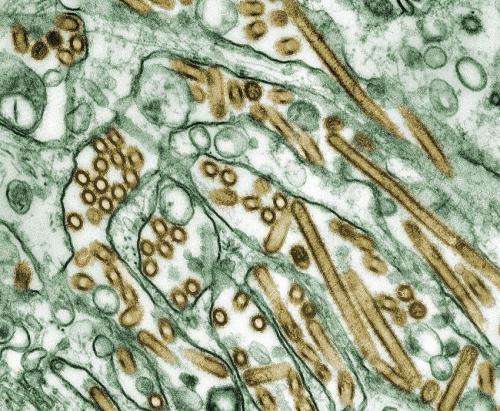Innovative Generative AI Enhances Radiology Efficiency by 40% While Maintaining Accuracy

A pioneering generative AI system developed at Northwestern Medicine boosts radiology report efficiency by 40% while maintaining diagnostic accuracy, revolutionizing healthcare workflows.
A groundbreaking generative AI system developed by Northwestern Medicine is transforming clinical radiology by significantly boosting productivity, enabling rapid detection of critical conditions, and addressing the global radiologist shortage. The AI, integrated seamlessly into the radiology workflow, has demonstrated a 40% increase in report generation efficiency across a variety of imaging types without sacrificing diagnostic accuracy. This first-of-its-kind technology analyzes nearly 24,000 radiology reports over five months within the Northwestern Medicine network, revealing substantial improvements in turnaround times. Radiologists have reported that the AI doubles their efficiency, especially in high-pressure cases, by automatically drafting comprehensive reports that highlight key findings and flag urgent health threats such as pneumothorax. The system’s real-time alerts facilitate quicker triage and intervention, potentially saving lives.
Distinct from other AI tools relying on large, internet-trained models, Northwestern’s engineers built a custom, lightweight AI tailored specifically for their clinical environment. This approach requires less computing power and offers greater accuracy. The AI analyzes the entire scan, from skulls to toes, and generates reports that are 95% complete, which radiologists can review and finalize. The technology not only enhances workflow efficiency but also improves diagnostic timeliness, especially vital in emergency contexts.
The development showcases a move away from dependency on external tech giants, emphasizing the feasibility for individual health systems to create their own AI solutions. This democratization of AI access is critical for widespread adoption worldwide. Facing a projected shortage of up to 42,000 radiologists in the US by 2033, this AI system provides a promising solution to handle increasing imaging volumes while maintaining high-quality care.
Overall, this innovative AI tool promises to revolutionize radiology by reducing workload, shortening diagnosis times, and improving patient outcomes, all without replacing skilled radiologists but rather augmenting their capabilities.
Source: https://medicalxpress.com/news/2025-06-generative-ai-fully-embedded-clinical.html
Stay Updated with Mia's Feed
Get the latest health & wellness insights delivered straight to your inbox.
Related Articles
Gene 'Switches' Can Be Edited to Modulate Inflammation, Paving the Way for New Therapies
Scientists have successfully manipulated epigenetic marks on immune-related genes using CRISPR technology, opening new possibilities for treating inflammatory diseases and cancer.
Innovative Use of Nanodiamonds and Hormones for Fetal Lung Development in Rare Diaphragmatic Hernia Cases
Researchers are developing innovative treatments using nanodiamonds and growth hormones to enhance lung development before birth in babies affected by Congenital Diaphragmatic Hernia, potentially improving survival rates and outcomes.
Advancements in Digital Modeling: Creating Virtual Cell Laboratories for Future Research
Researchers have developed a new computer program that mimics cellular behavior across the body, paving the way for virtual cell laboratories to test drugs and study biological processes more efficiently.



